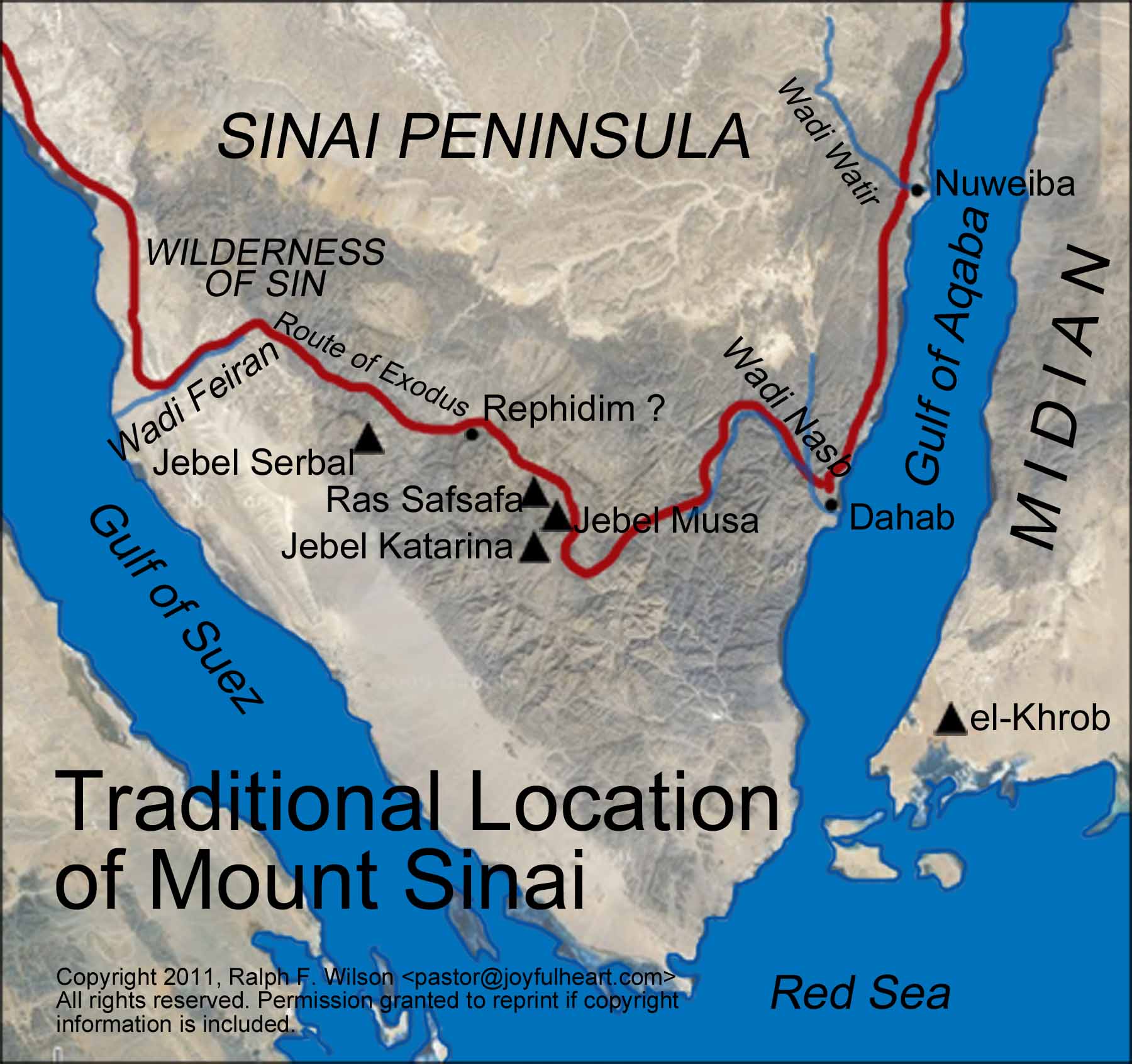Table of Contents
- Mount Sinai Health System returns to Medline as its exclusive medical ...
- Mount Sinai Health System
- Case Study: How The Mount Sinai Hospital Innovated to Communicate with ...
- Appendix 2. The Route of the Exodus. Moses Bible Study
- Mount Sinai Health System on LinkedIn: #riskmanagement #leadership # ...
- Mount Sinai is Transcending Borders for Global Healthcare
- Mount Sinai Holiday Calendar 2024 - Berna Cecilia
- Sinai
- Mount Sinai Health System Revolutionizes Digital Healthcare with Three ...
- Frequently Asked Questions (FAQs) | Mount Sinai - New York



Location of Mount Sinai



Importance of Mount Sinai in the Bible




Mount Sinai's Role in Christian Theology
Mount Sinai's significance extends beyond the Old Testament, as it also plays a role in Christian theology. The New Testament references Mount Sinai as a symbol of the old covenant, which was superseded by the new covenant established through Jesus Christ. The apostle Paul, in his letter to the Galatians, contrasts the law given at Mount Sinai with the freedom and grace offered through Christ. In Christian tradition, Mount Sinai is often seen as a precursor to the divine revelation of Jesus Christ, who fulfilled the law and established a new covenant with humanity. The mountain's association with the giving of the Ten Commandments serves as a reminder of God's moral standards and the need for humanity to follow His will. Mount Sinai, a mountain steeped in biblical history and spiritual significance, continues to fascinate and inspire people around the world. Its location in the Sinai Peninsula and its role in the giving of the Ten Commandments make it a pivotal location in the biblical narrative. As a symbol of God's presence and revelation, Mount Sinai serves as a reminder of the importance of faith, morality, and obedience to God's will. Whether viewed through the lens of biblical history or Christian theology, Mount Sinai remains an enduring and awe-inspiring landmark, inviting reflection and contemplation on the human experience and our relationship with the divine.Keyword: Mount Sinai, Bible, Location, Importance, Christian Theology